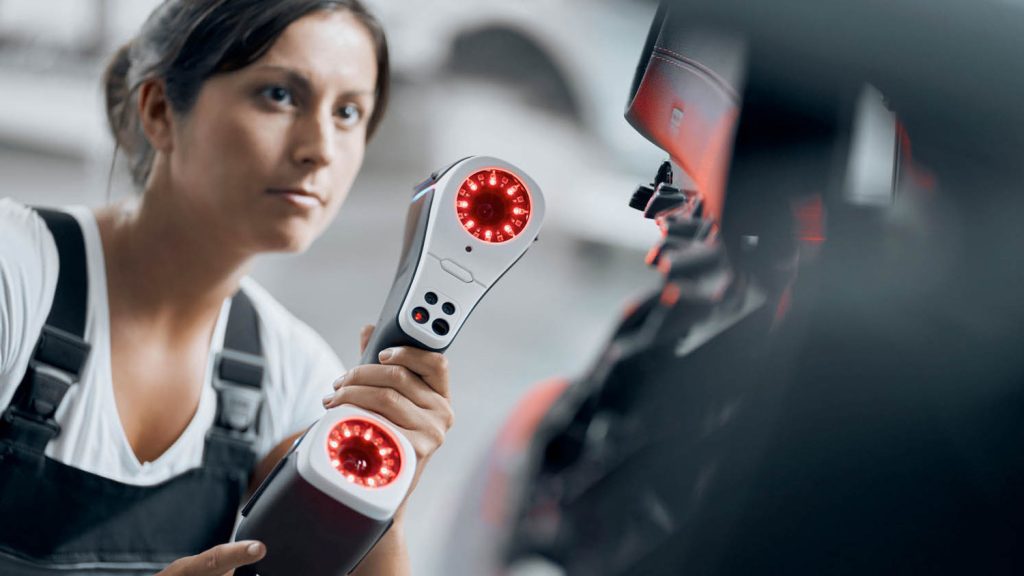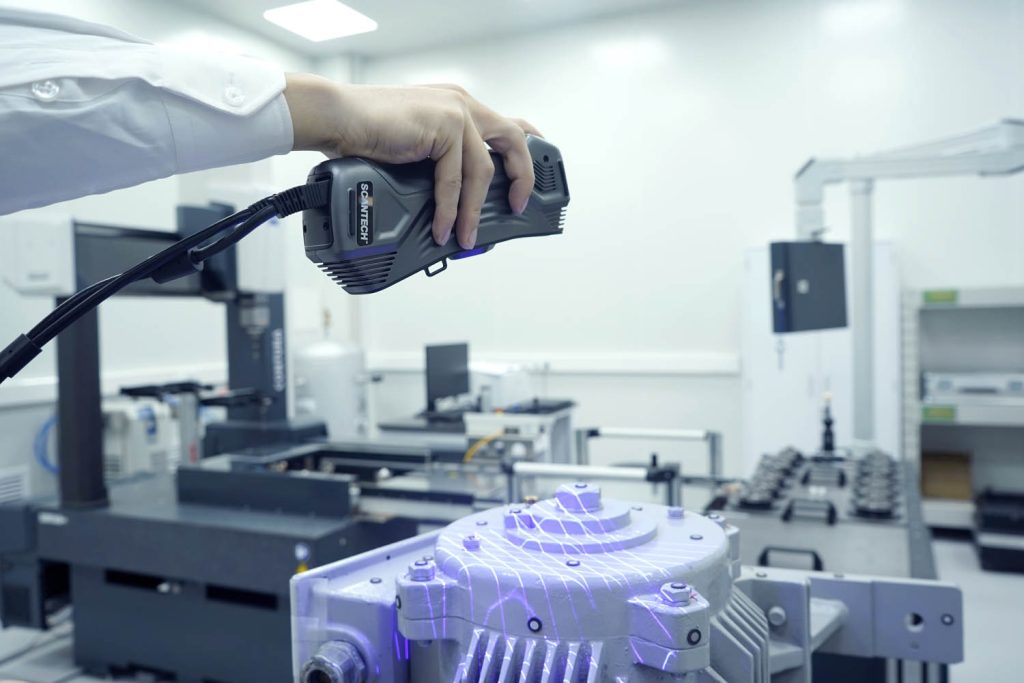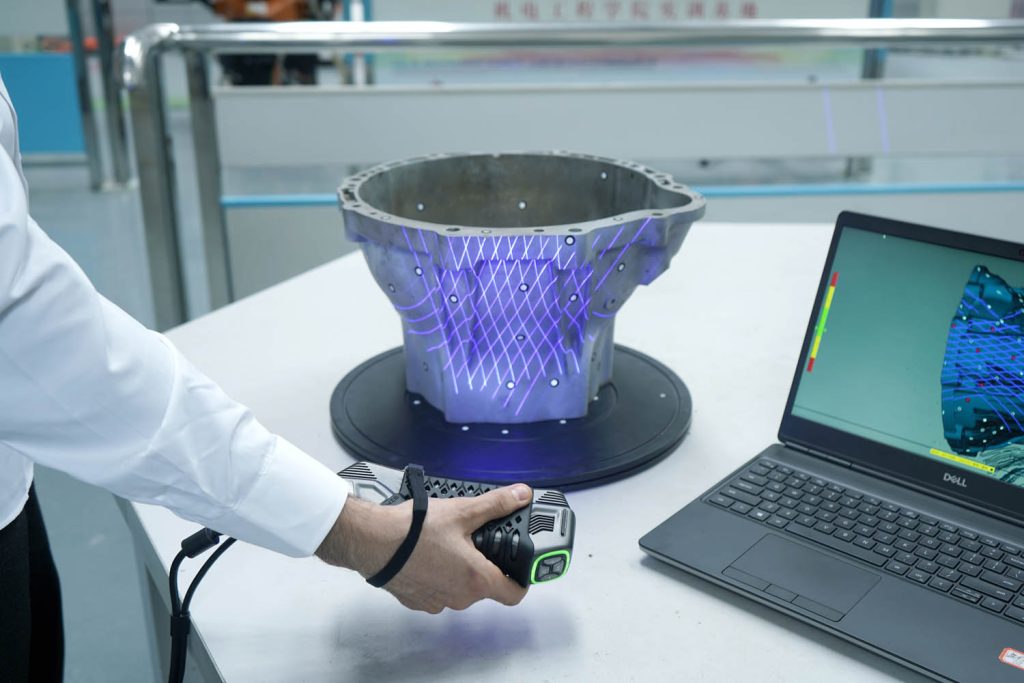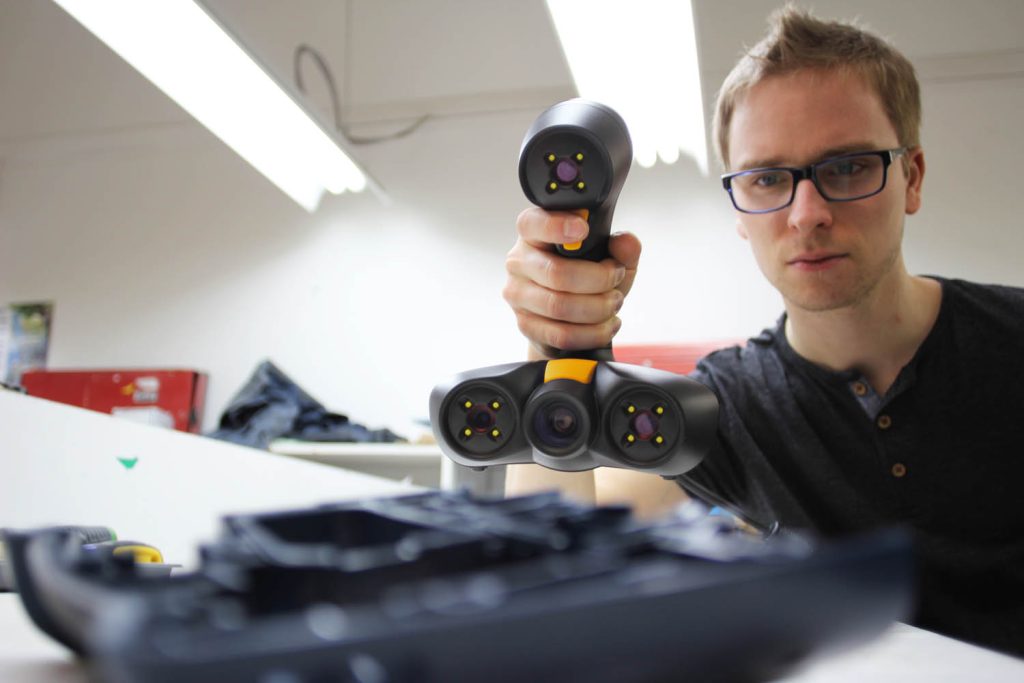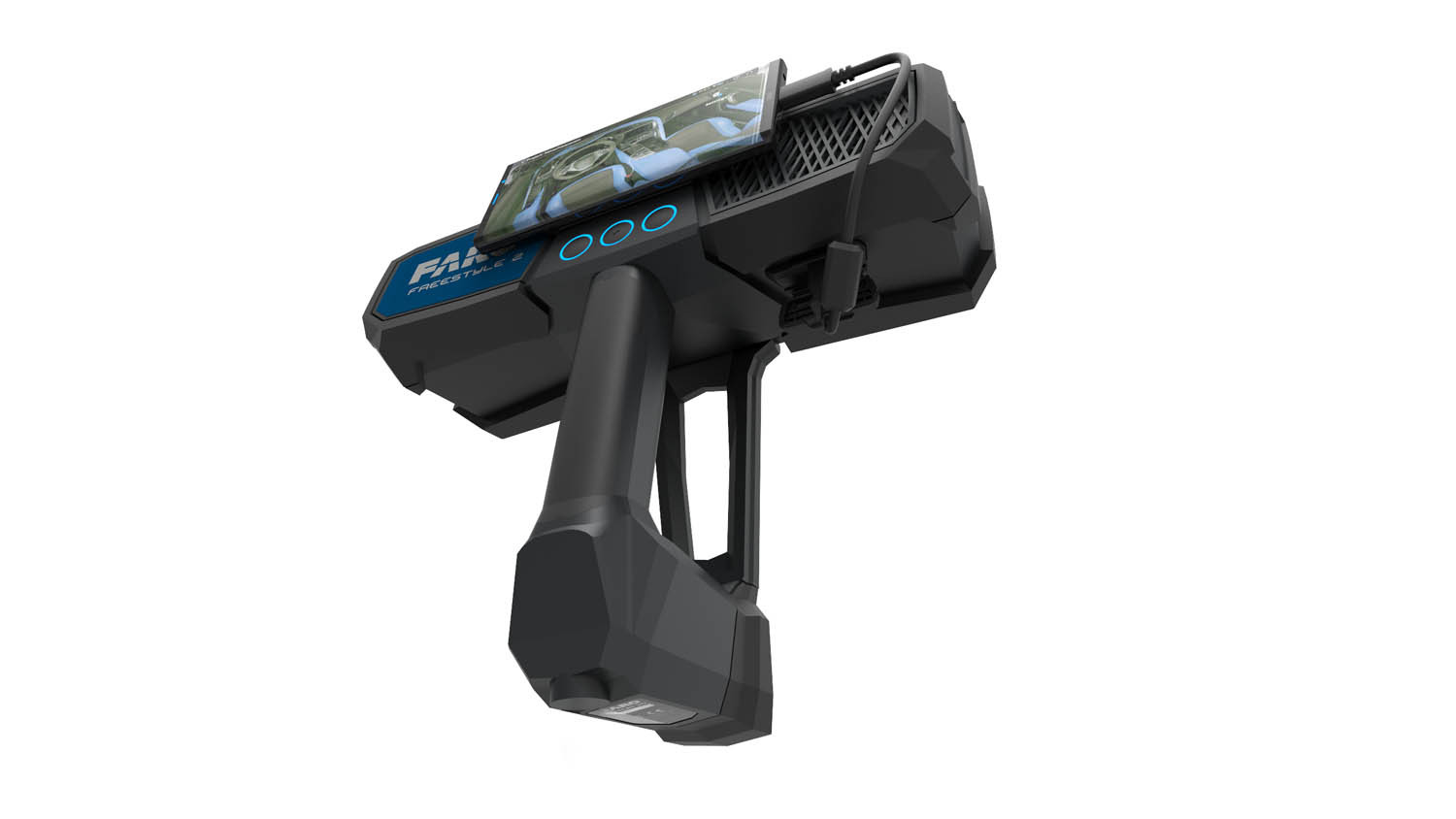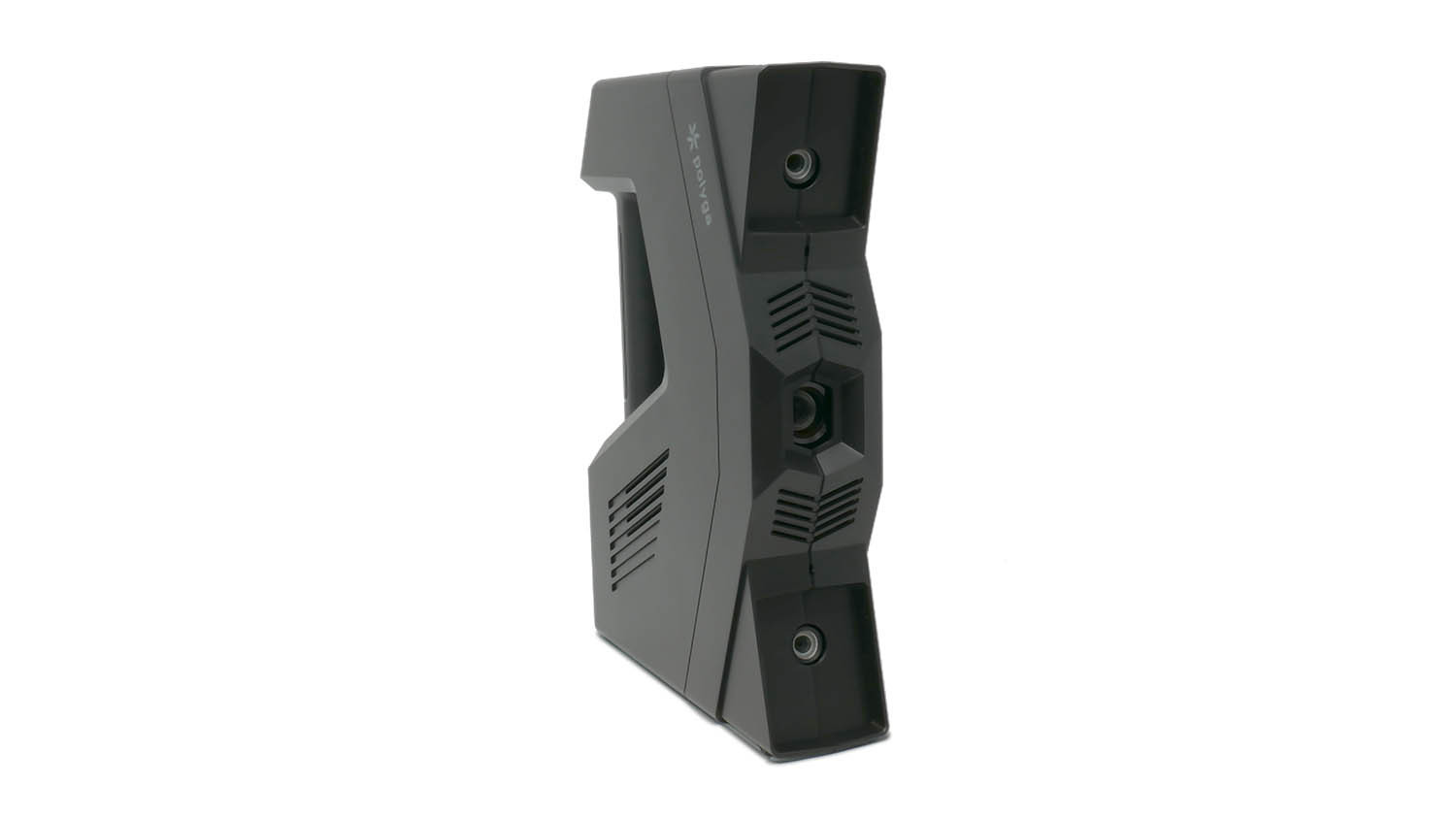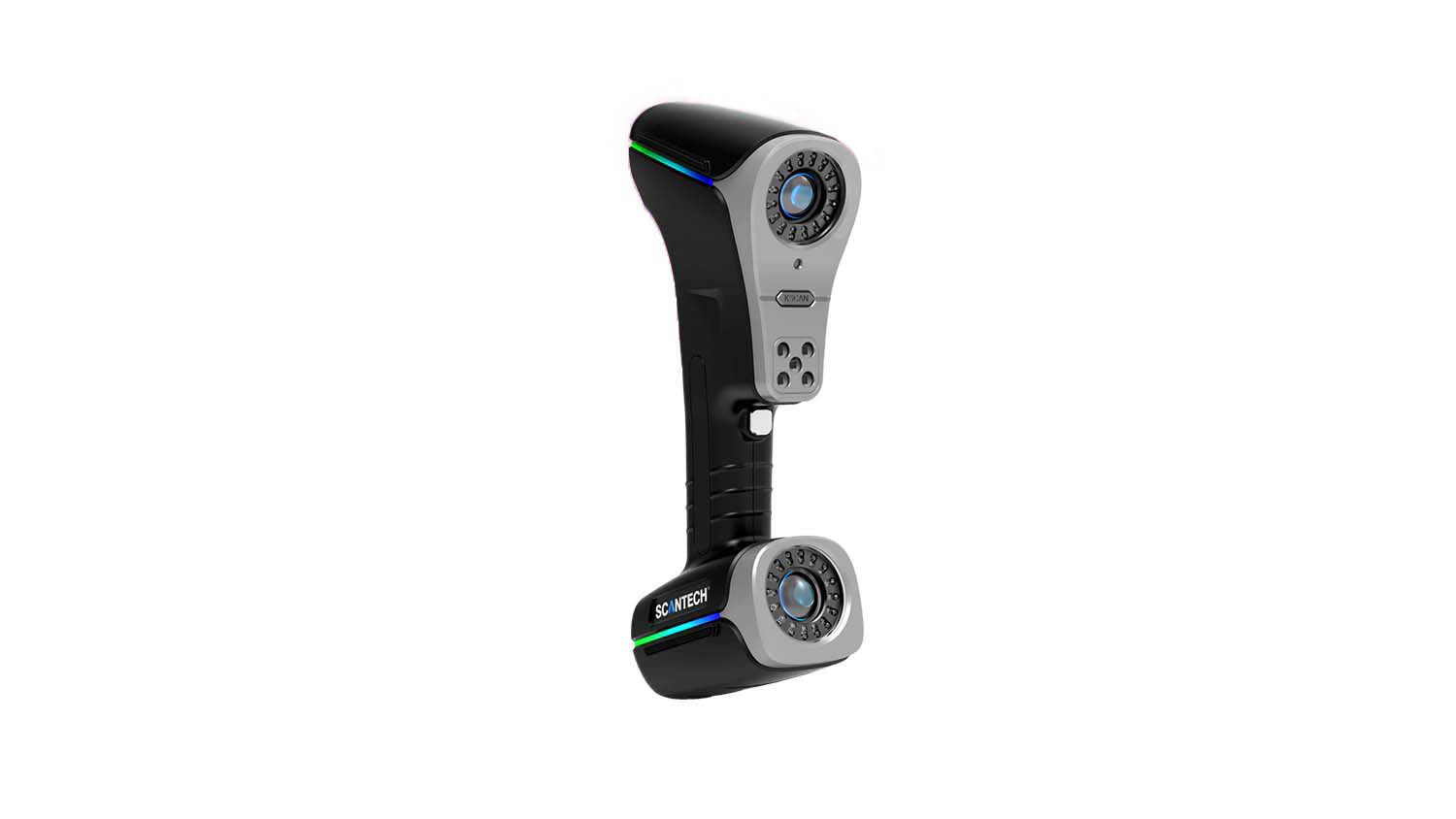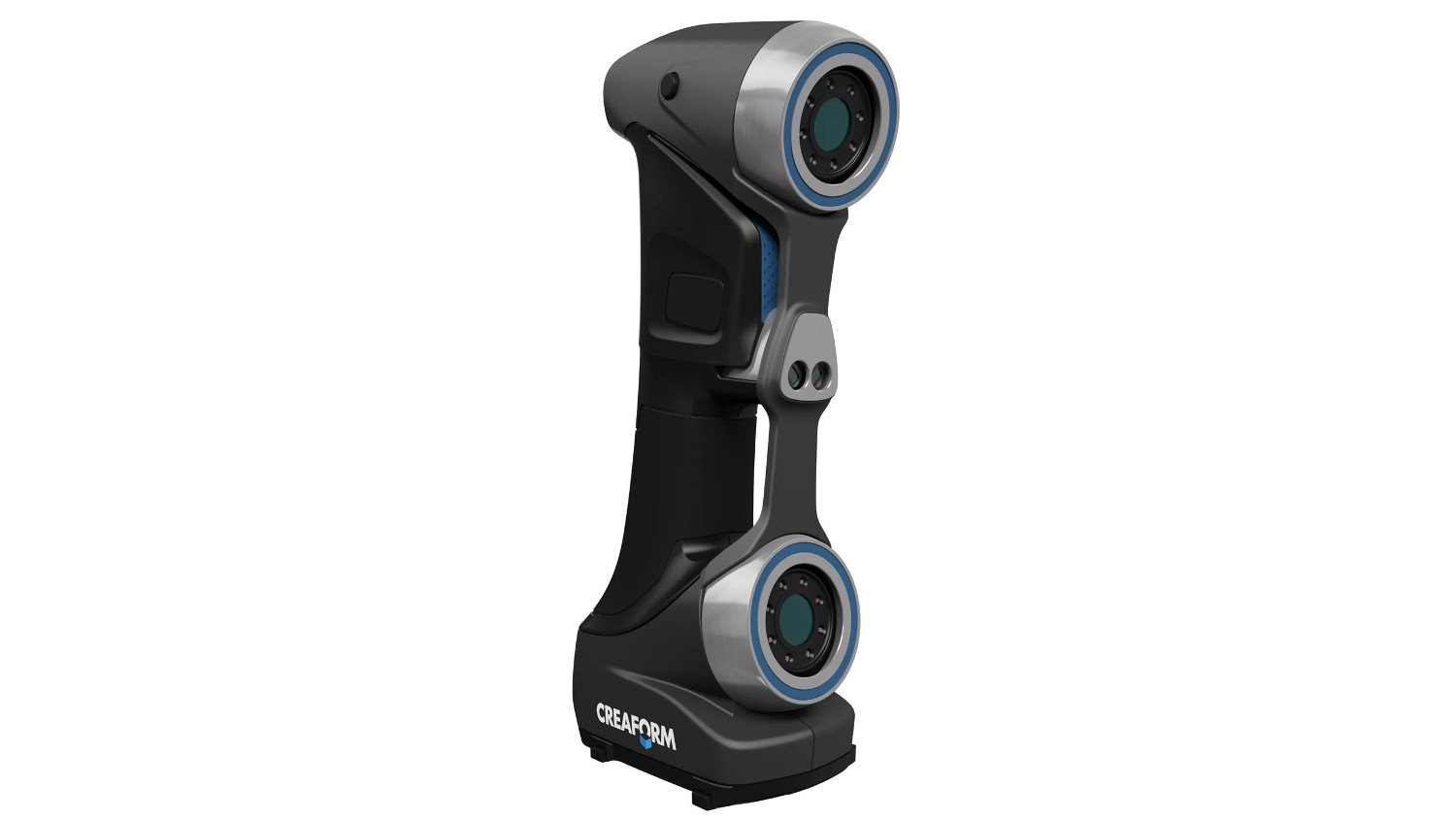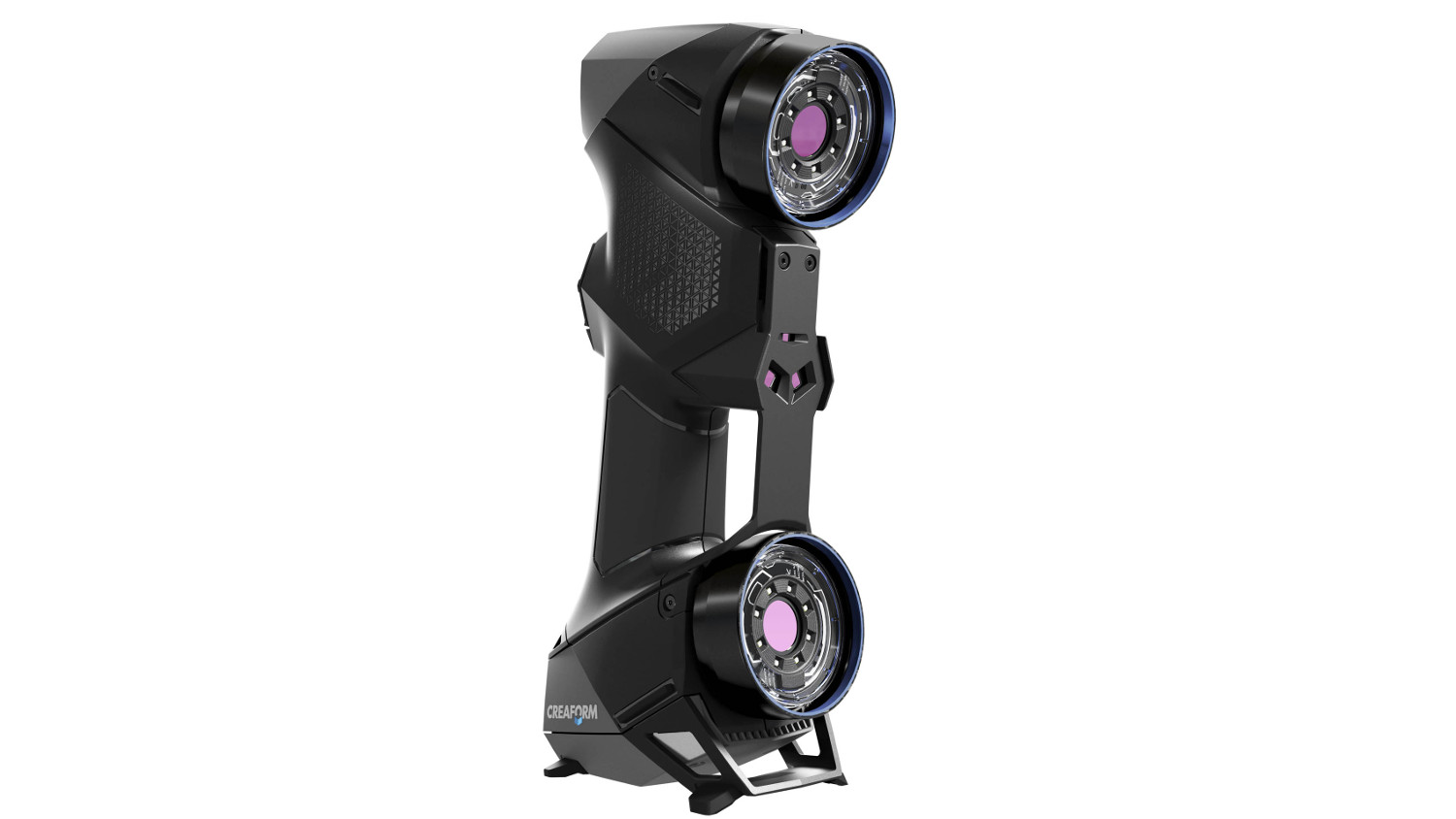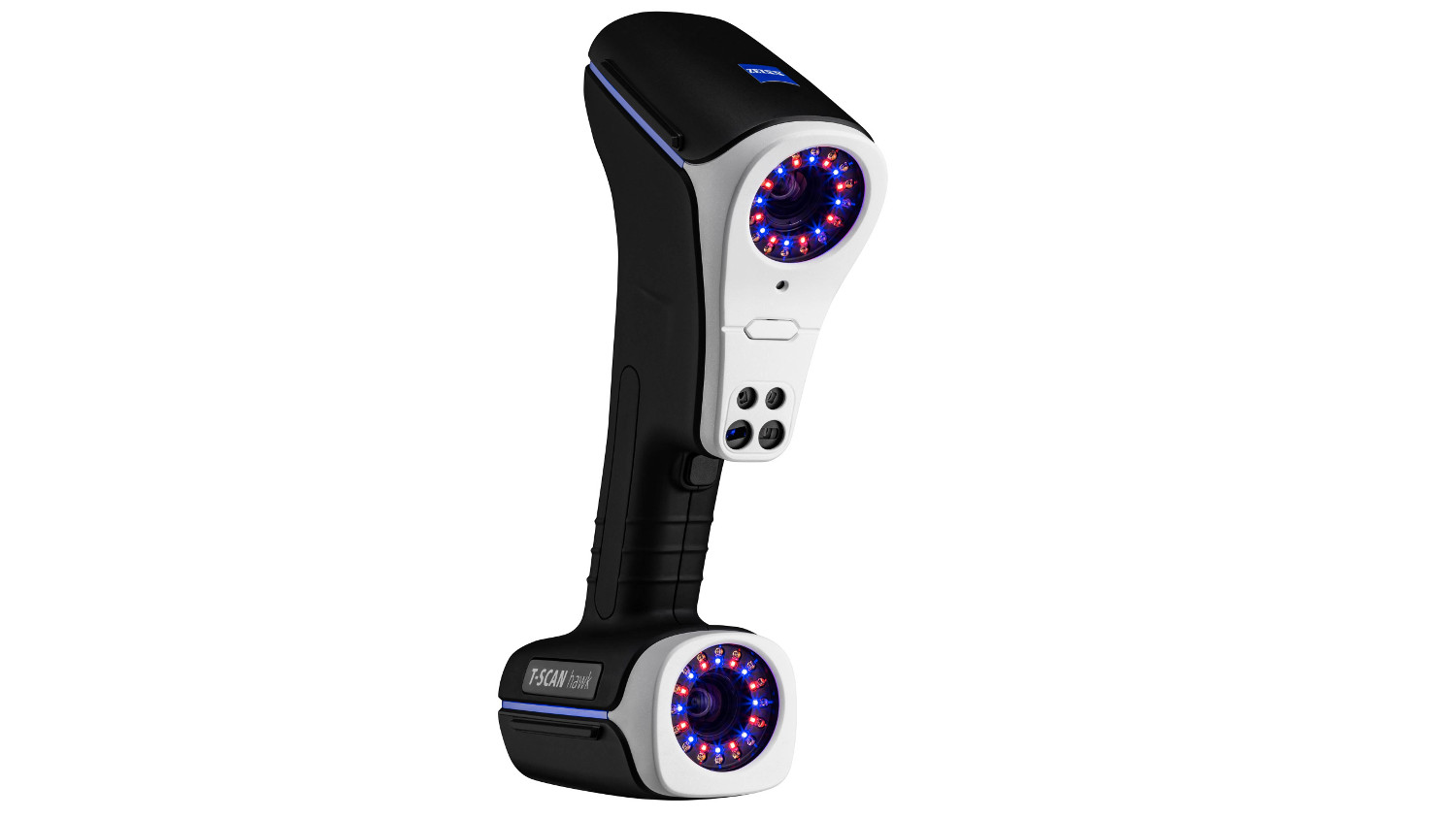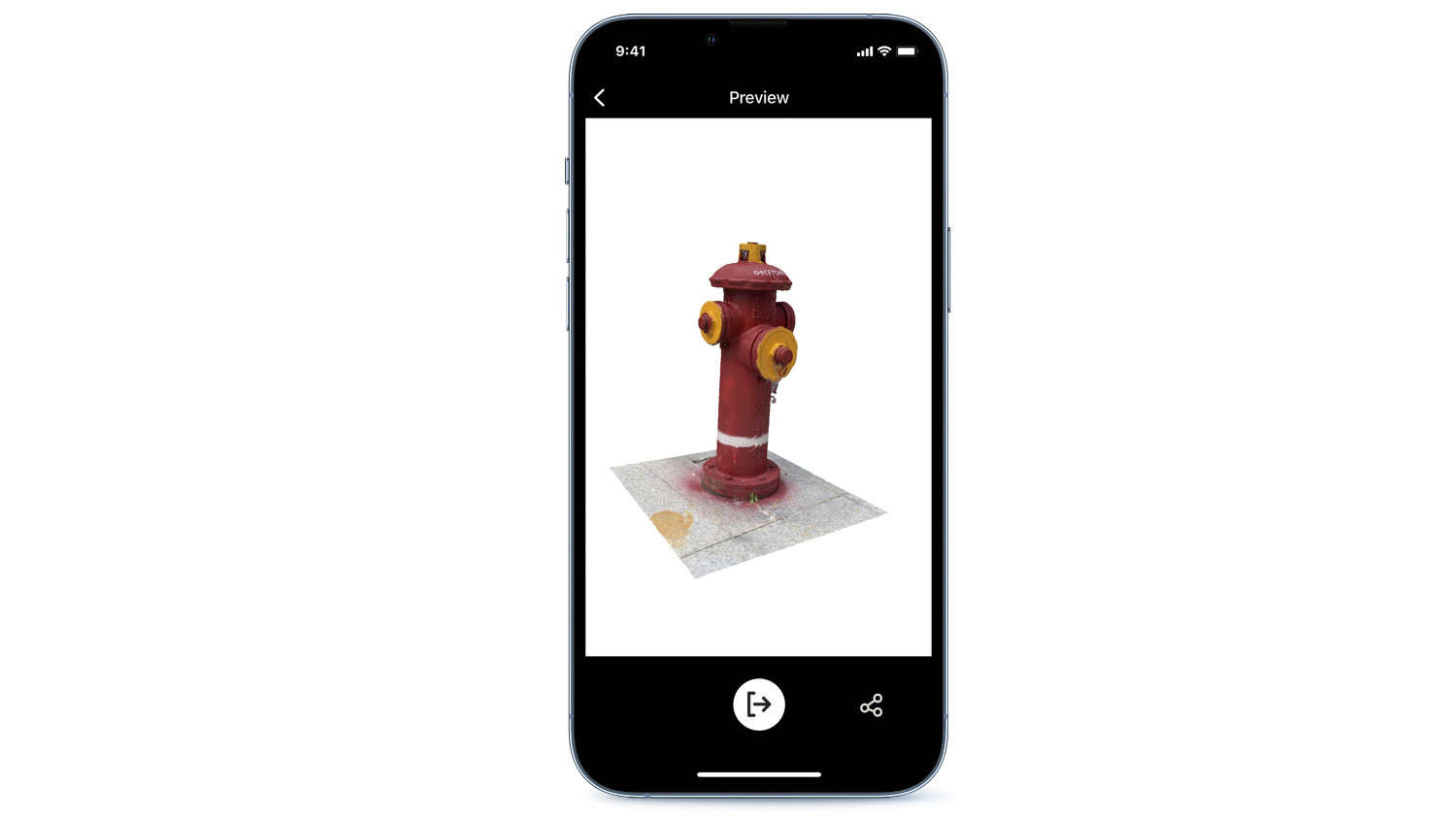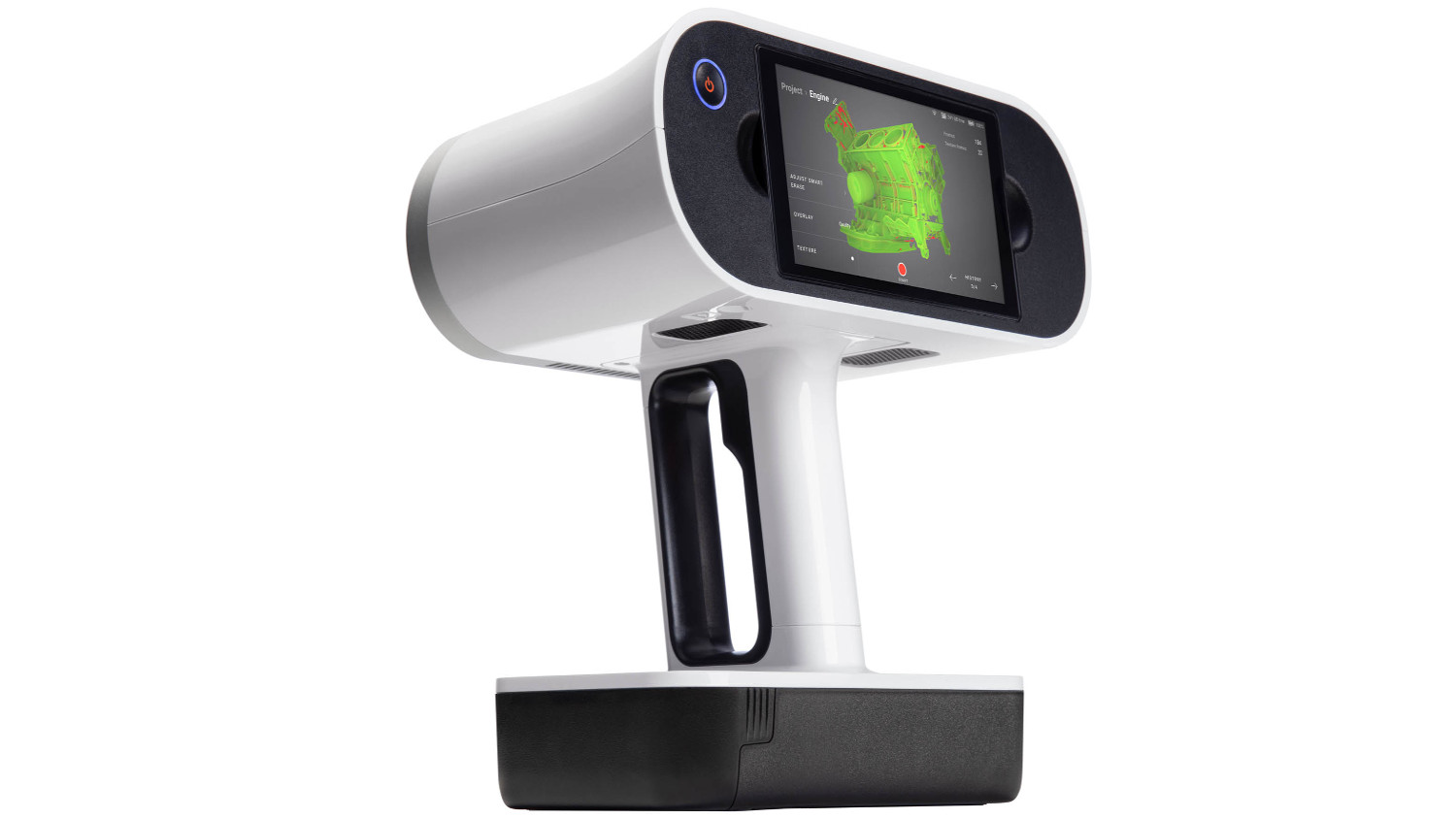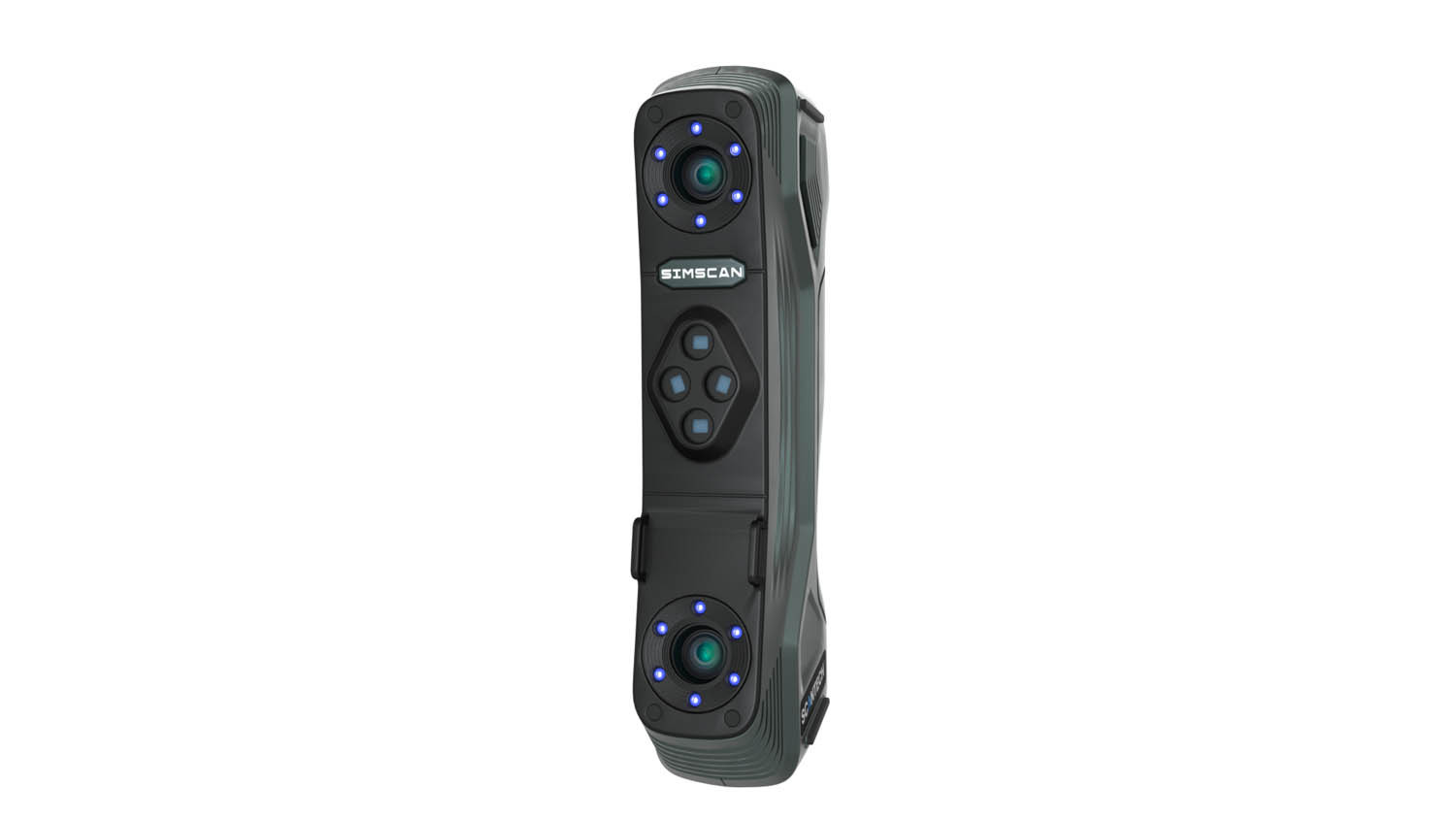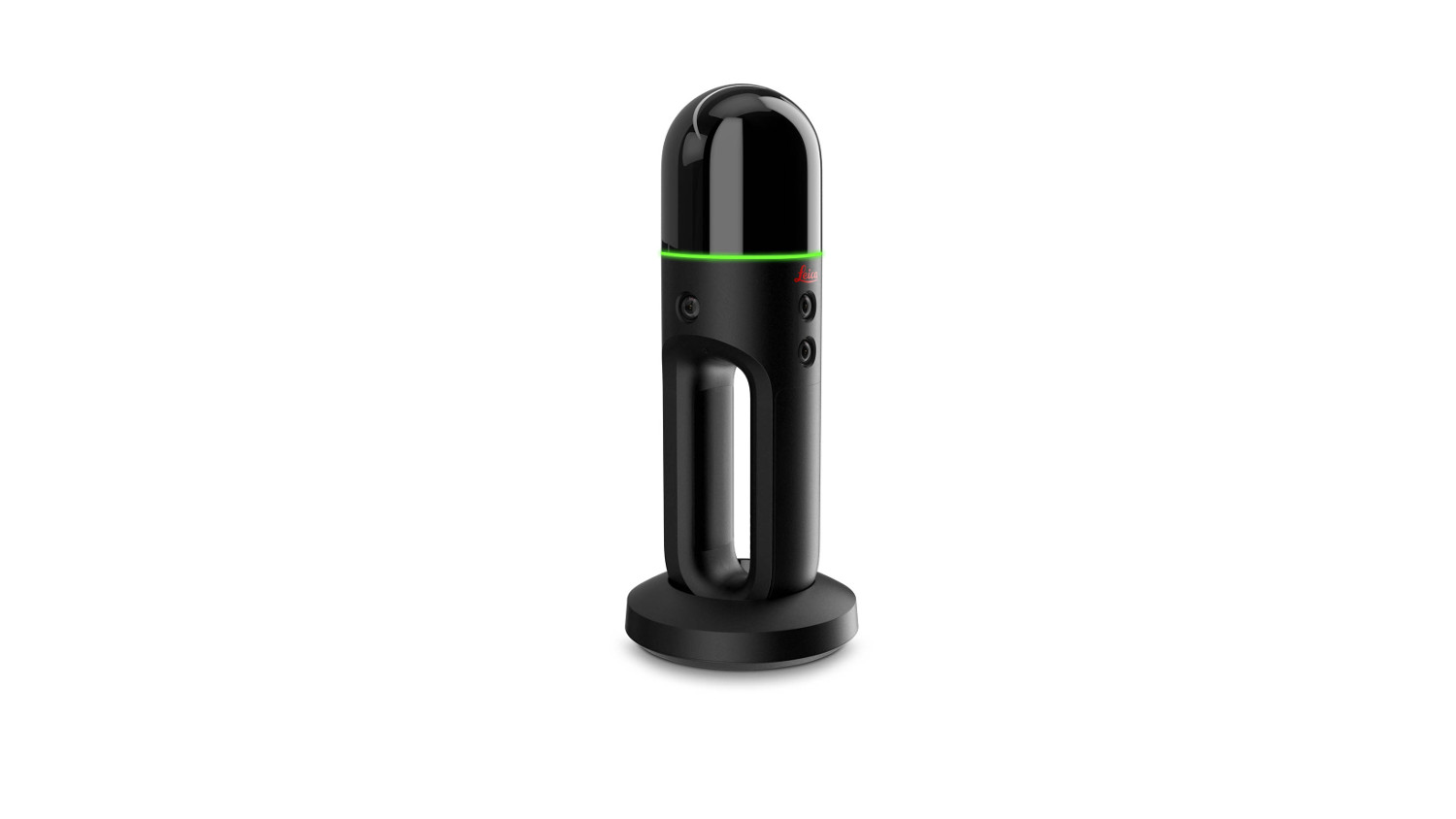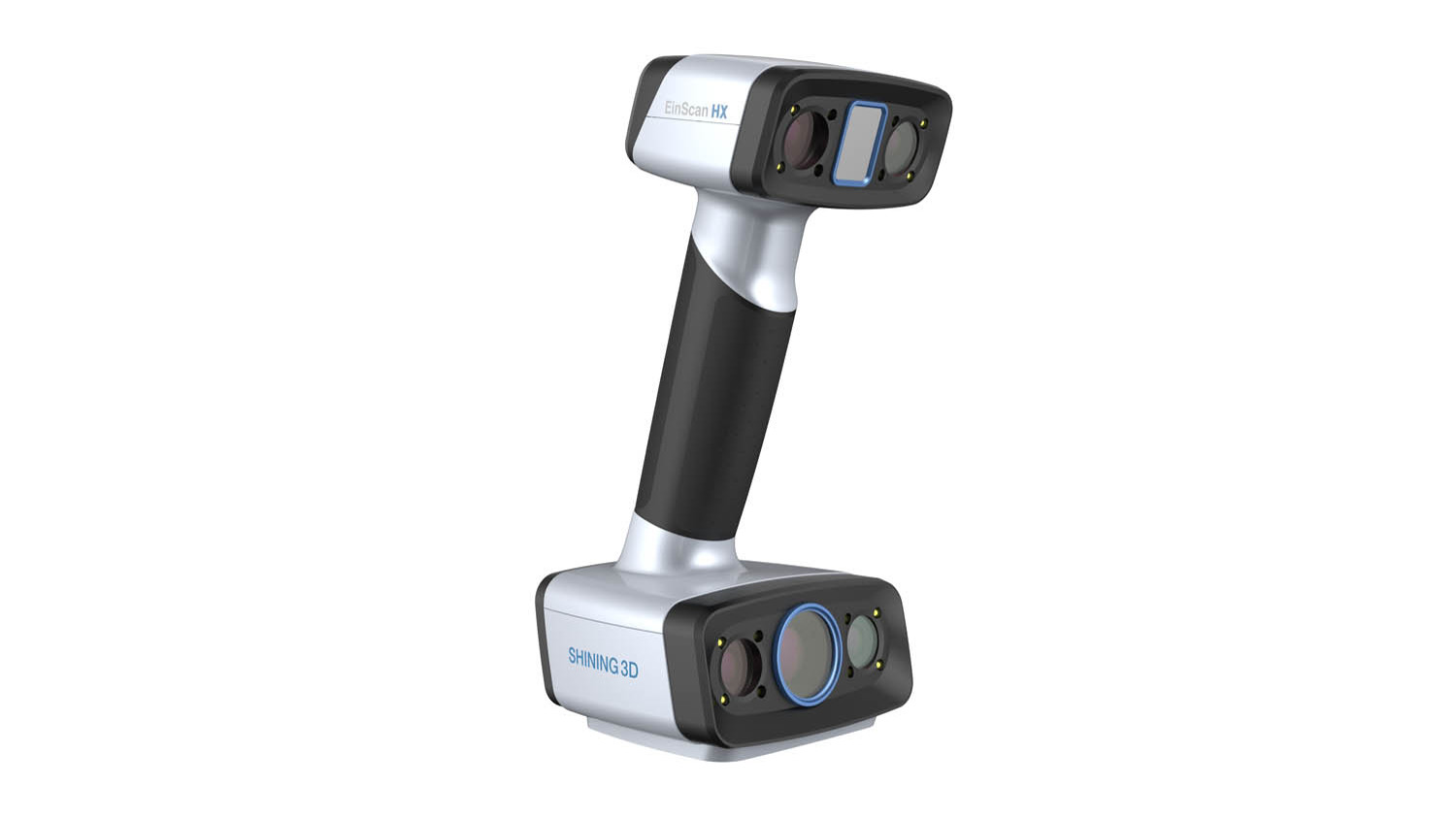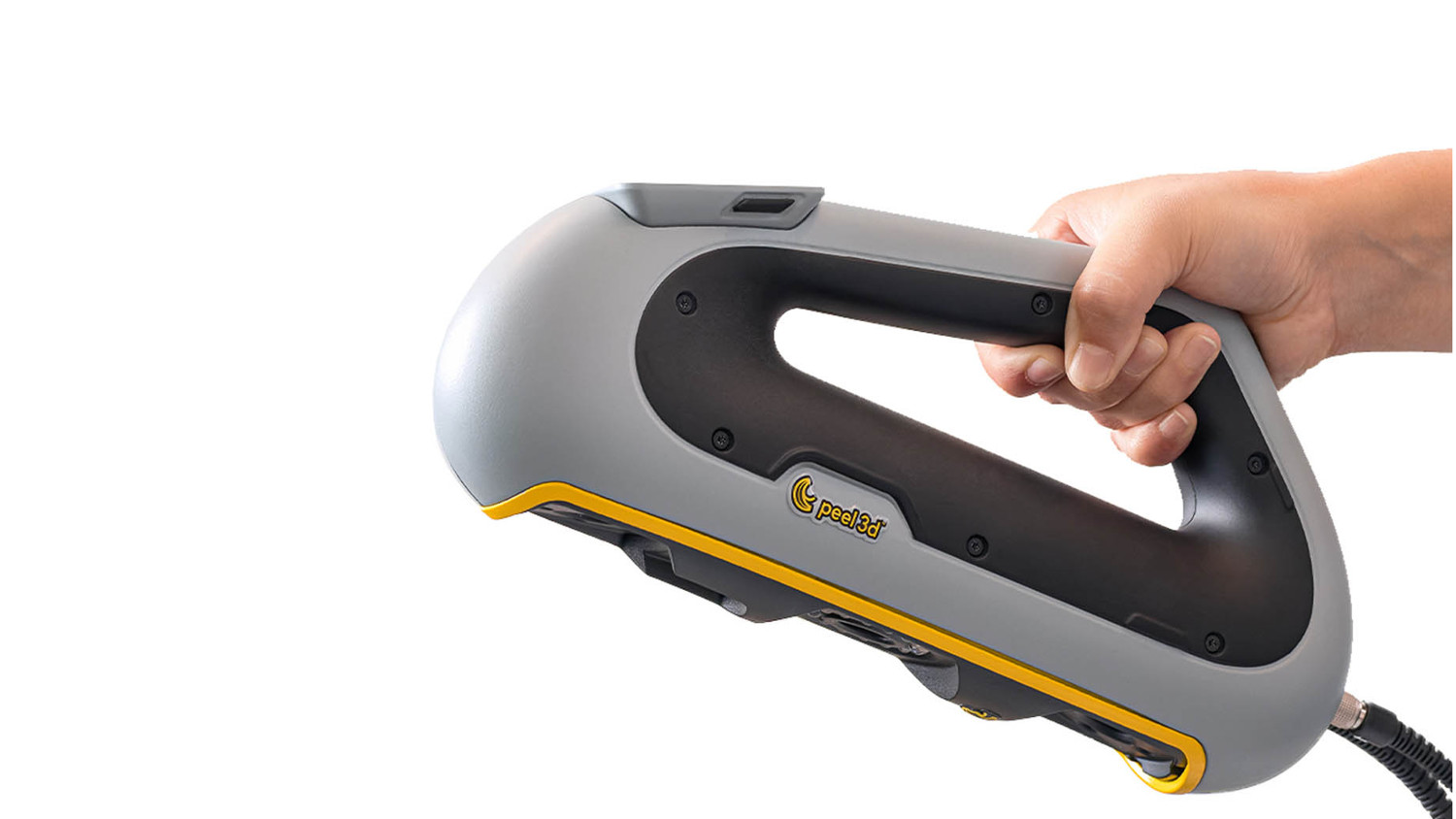Buyer beware: choosing the right 3D scanner can be hard. There are lots of models available, at lots of price points. Performance varies widely, as does suitability for specific use cases. Claudia Schergna takes a look at some of the best of the bunch, with the needs of product designers firmly in mind
The transformative impact that 3D scanners have had on manufacturing and design in recent years can’t be overstated. Whether they use light, laser or photogrammetry, these devices offer a serious helping hand when it comes to reverse engineering and rapid prototyping tasks. Along the way, they have revolutionised workflows.
But these days, you don’t need to work for a major design consultancy or multinational engineering giant to have access to some outstanding 3D scanning technology. The technology has gone mass-market, and there are now options to suit every budget.
The huge variety can make it really challenging to choose the right tool for your trade. Here, we’ve showcased some of the best models on the market, taking into consideration such features as accuracy, resolution, ease of use, weight and price-performance ratio.
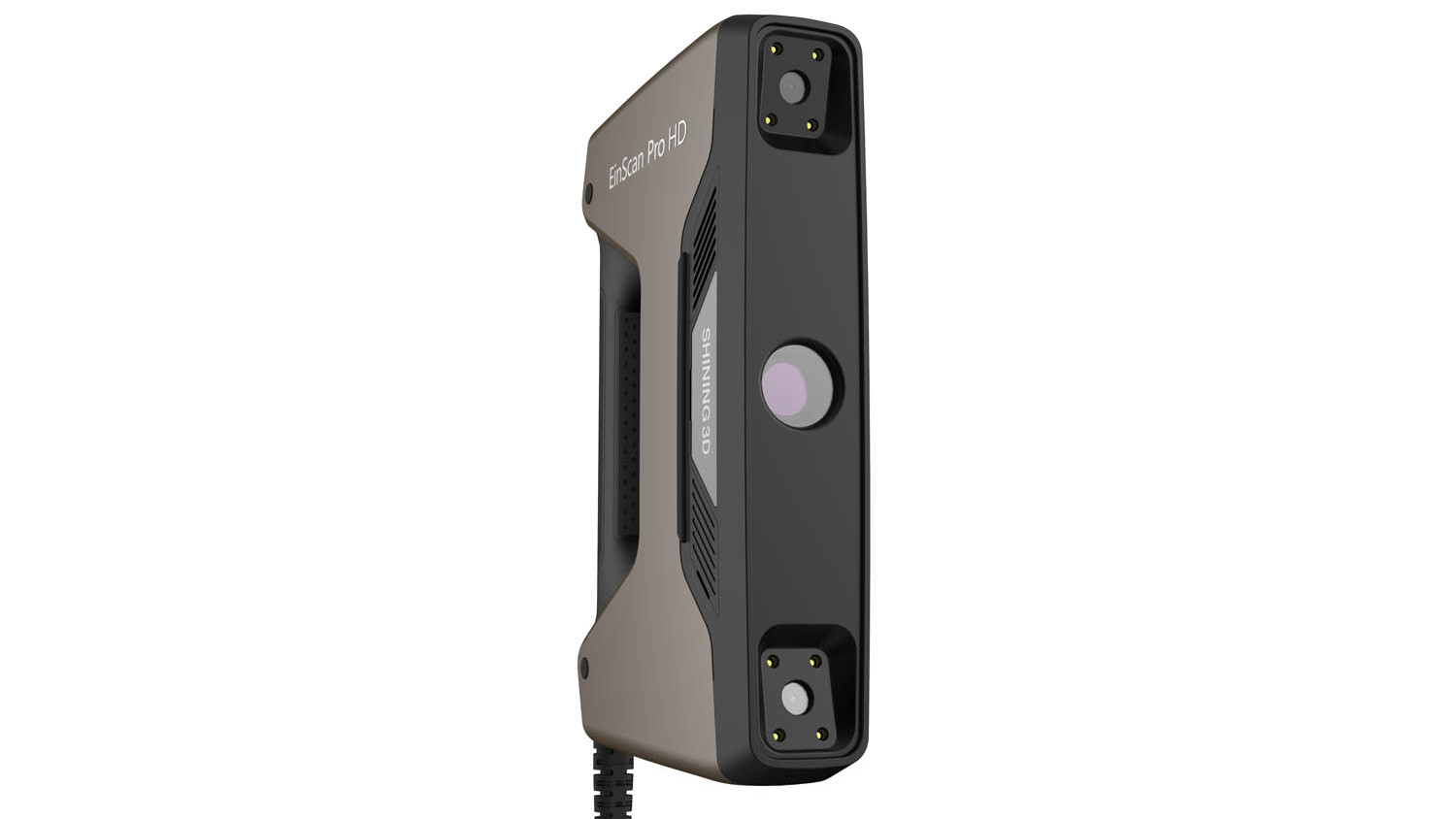
EinScan proHD
Shining 3D
The EinScan proHD is a versatile, accessible physical form capture technology. With a weight of 1.13kg, it can be operated with a single hand, or combined with a dedicated tripod. The device offers two sub-modes: Rapid and HD, with the former providing faster scanning, and the latter providing a higher level of detail. Thanks to this device’s structured light projection technology, it is capable of scanning dark and casting metal surfaces at 3,000,000 points/second.
Price: £££££
www.shining3d.com
Freestyle 2
Faro
Originally developed for forensic investigators and crime scene documentation, features of Freestyle 2 also make it useful for product development. The scanner’s infrared laser projects a 100 x 100 grid of invisible dots onto the target and is interpreted by two cameras built into the T-shaped casing of the device. It performs strongly both indoors and outdoors, including in overcast conditions and complete darkness.
Price: £££££
www.faro.com
Polyga H3
Polyga
Powered by two industrial-grade cameras at a high speed of 700 frames per second, the Polyga H3 can scan up to 1.5 million points per scan using a structured light technology. Marketed as Polyga’s first ‘point and shoot’ system, it doesn’t require calibration. The H3 is powered by LMI Technologies’ FlexScan3D, the same 3D scanning software that all Polyga’s stationary 3D scanners run on.
Price: £££££
www.polyga.com
KScan Magic
Scantech
Released in 2021, this handheld unit features a built-in photogrammetry capability, 22 crossed blue lasers, a single laser for deep pockets, 7 parallel lines for fine detail scanning on small parts, and 12 infrared parallel lasers specifically aimed at large parts.
KScan Magic can be fitted with a portable CMM probe, with point repeatability of 0.03mm, allowing users to measure holes, hidden points and hard-to-access features.
Price: £££££
www.3d-scantech.com
HandySCAN Silver Series
Creaform
The HandySCAN Silver Series comes in two models: the 307 and the 700. The 307 offers accuracy down to 0.04mm and a resolution of 0.1 mm. The 700 offers accuracy down to 0.03mm and resolution of 0.05mm. HandyScan 3D Silver features seven red laser crosses, which allow scanning in most light situations and of most materials, including dark and reflective ones. Thanks to in-built optical reflectors, it can triangulate positions, so there is no need for external tracking or targets.
Price: £££££
www.creaform3d.com
Go!Scan Spark 3D
Creaform
Go!Scan is Creaform’s top product in the category of handheld scanners aimed at professional users. The ergonomic design features four inline cameras for faster 3D scanning and colour acquisition. Dynamic referencing technology allows users to hold an object with positioning targets on it and move it around during scanning. Files are captured using 99 white-light scanning lines.
Price: £££££
www.creaform3d.com
T-Scan Hawk
Zeiss
For users with a more generous budget, T-Scan Hawk by Zeiss offers an advanced laser triangulation system and high accuracy. It works on dark and reflective surfaces and even deep pockets. It has 3 scanning modes: red crosses mode, for scanning large sections; single red line mode, when the scan requires precision (good for hard-to-reach areas); and finally, blue lines mode, for scanning dark, shiny or reflective surfaces.
Price: £££££
www.zeiss.com
Kiri Engine
Kiri Innovation
An app rather than a 3D scanner, Kiri Engine still deserves a spot on this list. Available for both Android and iOS, Kiri can scan any 3D object and turn the data into printable files.
The app is based on photogrammetry and its AI algorithms reconstruct an object in 3D based on photos. The app has a free and a premium (paid) version. Kiri does not come equipped with modelling software.
Price: From free
www.kiri-innov.com
Leo
Artec
With its 5.5-inch touchscreen, Leo enables a user to monitor a scan as they go, with no need for a computer. The device uses vertical-cavity surface-emitting laser (VCSEL) structured light, which works well even in low lighting conditions.
Hybrid geometry and texture tracking allows users to scan without targets. On the downside, it is amongst the heaviest handheld scanners on the market, weighing in at 2.6 kg.
Price: £££££
www.artec3d.com
SimScan
Scantech
Marketed as the only hand-sized 3D scanner on the market, SimScan weighs under a half-kilo — just 570g, to be precise. Released in 2021, it uses eleven crossed blue lasers, offers accuracy to 0.02 mm and can scan in three different modes. These are ultra-fast scanning, hyperfine scanning and deep hole scanning. While the device features an impressive acquisition speed of up to 2,020,000 points/second, it is not able to scan textures or colours.
Price: £££££
www.3d-scantech.com
Leica BLK2GO
Leica
Very much a premium model, the Leica BLK2GO can digitally capture space with no interruption. Easy to manoeuvre and lightweight at 775g, it features a 12-megapixel detail camera, plus three panoramic cameras for navigation. It is operated by a single-button operation system and can be wirelessly linked with a Leica iPhone app, so that the user can see the data it gathers in real time, in both 2D and 3D.
Price: £££££
www.leica-geosystems.com
EinScan HX
Shining 3D
With a reputation for affordability, Shining 3D aims to bring physical form capture technology to the mass market. Its EinScan HX offers both a rapid mode and a laser scanning mode. The former uses structured light technology and allows the user to capture data quickly without registration targets. The latter offers higher resolution and volumetric accuracy, but a slower scanning process that relies on targets. Users can also opt for a hybrid approach which combines elements of both modes.
Price: £££££
www.shining3d.com
Peel 3
Peel 3D
Originally aimed at hobbyists and creatives, the third generation of Peel 3D is suitable for more professional reverse engineering applications. With its slick LCD screen, it can also be used as a distance meter, enabling the user to easily scan without looking at their computer. Recognisable vibration patterns guide the user around narrow and hard-to-reach places without a direct line-of-sight, giving them real-time feedback.
Price: £££££
www.peel-3d.com

